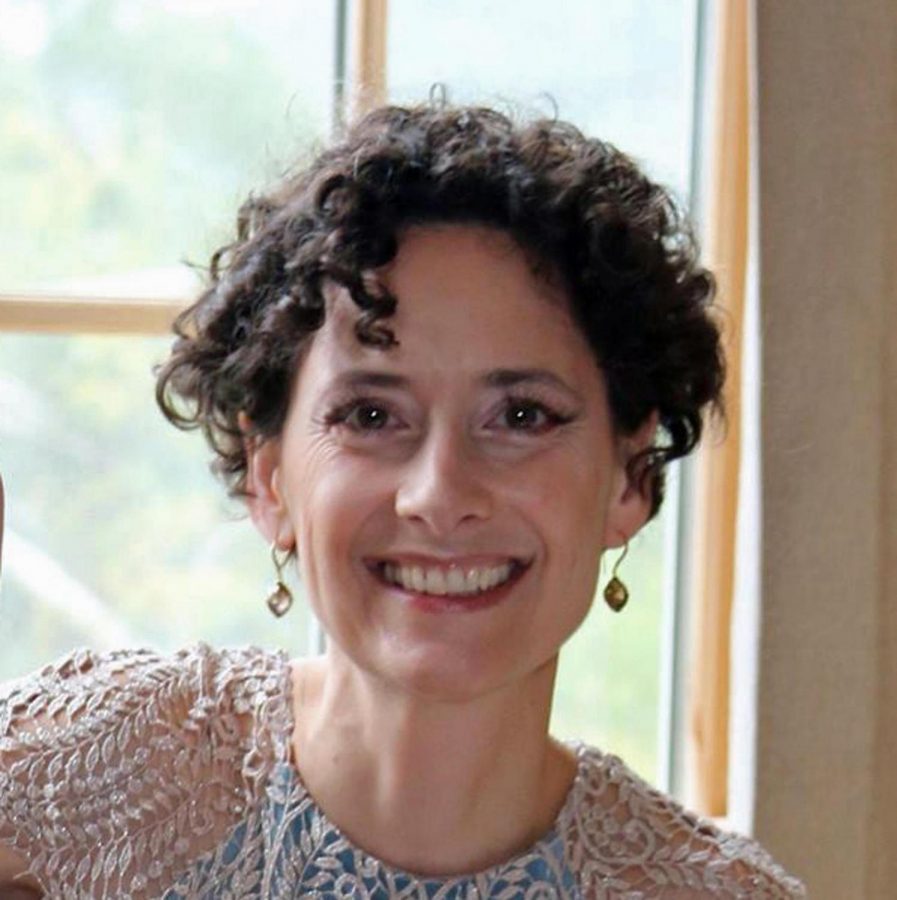Tuition freeze/reductions should bring some relief
Vermont State College System Chancellor Sophie Zdatny.
On Sept. 23, Vermont State University’s Inaugural President, Dr. Parwinder Grewal, announced a decrease of 15 percent in tuition fees for new VTSU students along with a continuation of the tuition freeze affecting existing students for the third year in a row.
“I’m really excited about the opportunity,” said Vermont State University Vice President for Admissions and Enrollment Services Maurice Ouimet. “Looking at the unification of Castleton, NVU, and Vermont Tech, just from a logistics perspective, each institution had a very different pricing structure. So for me, [aligning those different rates] in the university was one of my first priorities.”
Ouimet went on to describe the challenges of unifying tuition rates across three different schools that are merging into one. By consolidating and clarifying tuition rates, students will, hopefully, have a better understanding of the price and financial commitment they are making when enrolling or continuing education at Vermont State.
The decrease in tuition for new students is most certainly an effort to improve the stagnant rate of admissions that has plagued the Vermont State Colleges System in the recent decade. With a decrease in price, a business can expect an increase in volume, but what kind of increase is needed to make a price reduction successful?
Ouimet admits that those numbers are still being hammered out. “We’re still building the foundation of this new university,” Ouimet said. “Over the next month or two, we’re going to get a lot more specific with what our enrollment goals may be by academic program or our enrollment goals by student type. What are the programs that have seen strong success in the past that maybe have suffered a little bit as of late because of the pandemic?”
Any slack left in the VTSU books by the tuition decrease will, hopefully, be picked up by the recent increase in funding granted to VTSU by the Vermont Legislature.
Chancellor of the Vermont State College System, Sophie Zdatny, says that a $15 million increase in funding will go a long way in getting the new university off to a running start.
“Historically, prior to the pandemic, we received about $30 million a year in appropriations from the state,” she said. “This last legislative session, that got pushed up to 45 million. That additional $15 million in support from the state, obviously we have a structural deficit that we’re seeking to address so it can’t all go to bringing down the cost of tuition, but the fact that we’ve been receiving that additional funding from the state is what’s enabling us to help bring the cost down.”
Zdatny went on to say that this massive increase in funding for the state colleges ushers in a new baseline for what the college system will be seeking from the Legislature in the future. “Yeah, the hope is that $45 million is now our new base,” Zdatny said. “We will be pushing to get an increase from 45 million to 48 and a half million because that is the amount that the select committee that was created by the state to look into the future of colleges had recommended we get to, so we still have a bit of a gap there that we’d like to close. But we are anticipating that 45 million is our new normal.”
Perhaps the most important question facing current NVU students is this: “What does this mean for my bottom line?” Ouimet admits that when navigating tuition rates for three different schools with different pricing structures, along with the complexities of grants, loans, and financial aid in general, it is understandable for a student to be concerned about the financial consequences they face due to a shift in tuition rates. However, current students should have no fear, Ouimet says. “…That’s why we’re saying to current students that at the very least your tuition is not going to be more than it is now. That’s why we call it a freeze, right? So any current student knows their tuition is not going to go up, and if anything it may go down. Breathe easy NVU students, to clarify for a final time, your tuition, at the very worst, will stay exactly the same. If anything, it may go down depending on each individual’s circumstances.”
Affordability is very much on the minds of collective leadership, including VRSU President Parwinder Grewal, Vermont State Colleges Chancellor Sophie Zdatny, the board of trustees and the Legislature.
“If we’re too expensive, we’re also closing the door on potential students,” Zdatny said. “We’re really happy that we’re at a point where we can think about not just freezing tuition but actually starting to lower tuition as we move forward… And to make sure the sticker price is not so high that people just assume they cannot afford an education. So that’s really the main goal is putting out a tuition that’s realistic, that won’t turn people away.”





